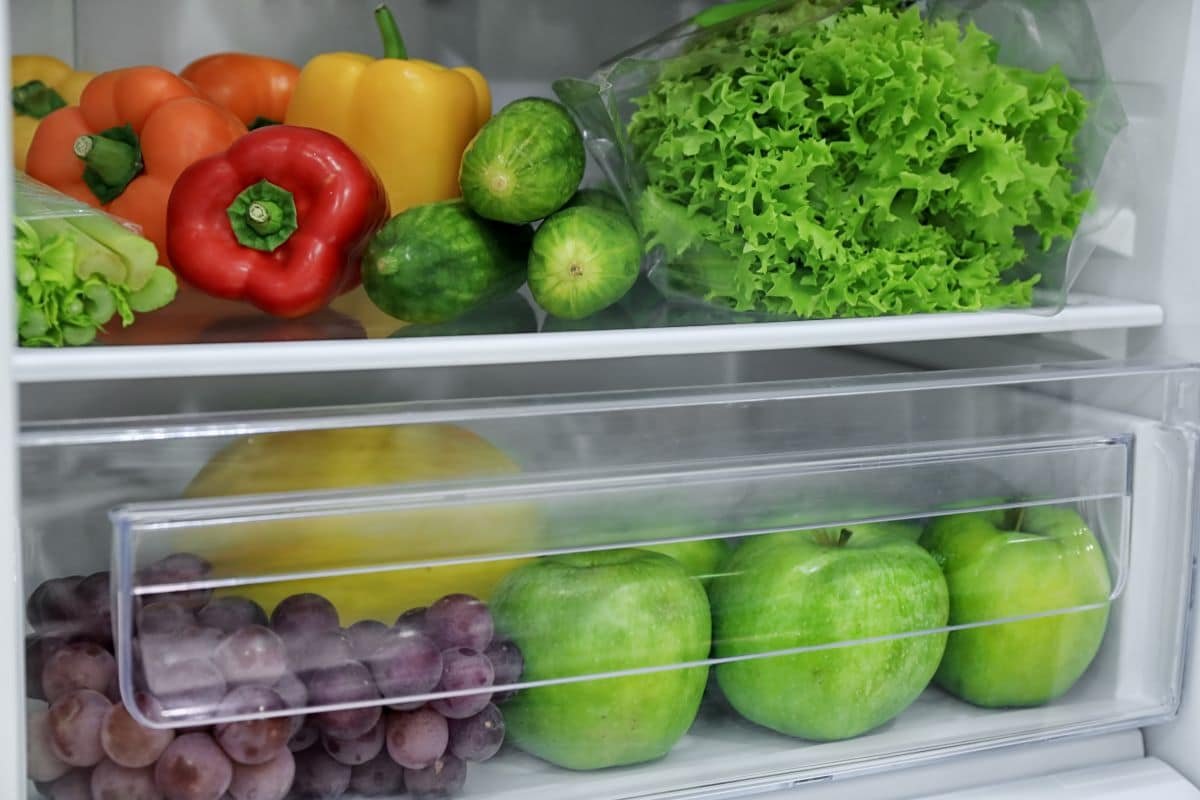Don’t Be Trashy: Ways To Reduce Your Trash In The Kitchen
Take a look at your kitchen trash can. What do you spot? Plastic containers? Disposable utensils? Coffee pods? Expired food? Whatever it is, I bet you can reduce it by half…
In the spirit of Zero Waste October, I propose that we take a little peek at our trash cans and explore how we can reduce everyday plastic and food waste. Here are five ways to start this challenge!
1. Trash-Free Coffee
Image from FoodandWine
It's finally autumn and there’s nothing better than a delicious cup of coffee! The beautiful thing about coffee is that there are so many ways to make it. But how can we make it without any waste? Personally, my favorite way is to make it on a French press. Not only is it plastic free, it’s easy and efficient. I soak my coffee grounds in room temperature water for a night and place it in the fridge after pressing it. This method treats me to a cold brew coffee for a couple days. No coffee filters required! If you tend to gravitate towards using coffee pods for its efficiency (I don't blame ya!), I would suggest getting a reusable coffee pod. You just fill them with your coffee grounds and wash it as soon as your coffee is ready. So, now that you have your coffee, what should we do with the coffee grounds?
2. Composting
Image from FullCircle
One efficient and sustainable way to deal with food waste (and coffee grounds), is to store compostable waste in a separate bin… To eliminate odor, it is best to keep this bin in a cool area such as your fridge. Separating your food scraps from other kitchen trash is an easy and responsible way to dispose of your waste. When you’re ready to deal with your food scraps, you can discard them at a compost collection site. However, if you have the space to have your own compost bin, you can make plant fertilizer for your plant babies!
3. Plan your meals
Image from Good Housekeeping
This tip requires you to put your type-A hat on. Take inventory of what you have in your fridge. Plan to make meals with what will go bad sooner. Also keep in mind what your day-to-day looks like and meals you’ll be able to pack and eat on campus . Make a grocery list of what you need to make meals with what you already have and STICK TO THE LIST. It is very easy to get carried away at the grocery store with so many deals and tempting treats. (BONUS TIP, eat before you shop)
4. Making Produce Last
Image from Frugal and Thriving
Making produce last could be the hardest part of reducing your food waste. Here are some tips you can use to keep your produce from ending up in the trash. Freeze ripe fruits to make smoothies. Preserve your herbs by freezing them in oil. Stir fry those miscellaneous veggies that will go bad soon. Keep your bananas, apples, pears and potatoes away from your other vegetables. These specific products release a gas that ripen your other produce faster, causing them to go bad sooner.
5. Replacements
Image from Toledo Food Bank
Implementing eco-friendly replacements in your kitchen will not only cut your kitchen waste substantially, but it will save you a lot of money. You can replace plastic bags and aluminum foil with reusable containers and beeswax wraps. You can also switch to using baking parchment paper for a silicone baking mat. Avoid buying paper towels and use old clothes instead.
With these tips in mind, I now challenge you to not be trashy. Let’s collectively reduce our kitchen waste in a practical and mindful way. By adopting these practices we can lead a more eco-friendly life, reducing our ecological footprints while cultivating a deeper connection with the food we consume. That's some food for thought!





